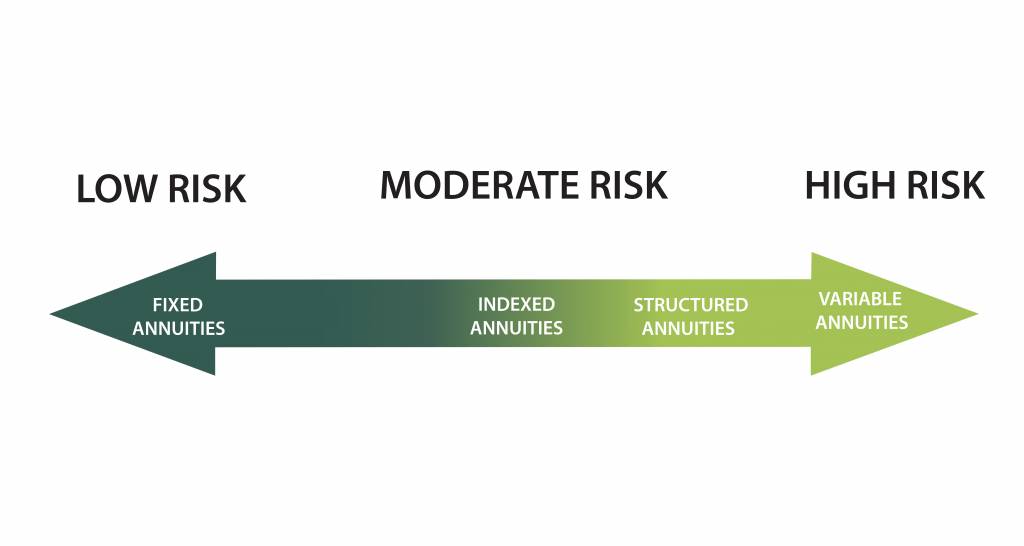More professionals than ever are choosing to work as freelancers, which is forcing businesses to expand their hiring practices. For an hourly or project fee, businesses can bring in contract workers. Contract workers work at a much more affordable rate than they’d pay on a salary. The freelancer-business relationship also eliminates the need to provide medical benefits or paid vacation time, which further helps keeps costs down.
But hiring freelancers comes with legal complications. It’s important that businesses realize their legal requirements before making their first freelance assignment. Here are a few legal risks you’ll face, along with steps you can take to reduce your liability.
Table of Contents
ToggleFailure to Specify Work Is “For Hire”
The U.S. copyright office defines a copyright holder as the creator of a work. One exception to that is when the copyrighted item is created as part of a “work for hire” agreement. With this type of agreement in place, you’ll be considered the author of the work, even when one of your employees or freelancers created it. Make sure you have each freelancer sign a document that clearly outlines the scope of the work, how much they will be paid for it, and that it is a “work for hire” arrangement.
Neglecting Payment
Not paying your freelancers could land you in small claims court or, at the very least, on the other end of a demand letter from an attorney. If a freelancer successfully sues you for the amount owed, you may be responsible for court fees. If the freelancer is out of state, your overdue bill could be sent to collections. At this point your credit will be damaged, potentially affecting you personally, as well as your business.
Misclassification
As freelancers have become more prevalent, businesses have gotten into trouble for misclassifying full-time workers as independent contractors to get around paying taxes and providing benefits. It’s important to take measures to avoid misclassification, including not giving freelancers titles and business cards. Contract workers should also be free to set their own working hours. They hold responsibility solely for getting work completed within established timeframes.
Inadequate Documentation
One of the biggest issues businesses face when hiring freelancers is that they don’t outline the requirements upfront. Whether you’re hiring a freelancer for a one-off project or your contract for several months of work, it’s important to create a statement of work that outlines in as much detail as possible the project that is being commissioned, the dates of each milestone associated with it, and when and how much pay will be remitted. You should also include a termination clause in every agreement you create for contractors, which gives you an out if they fail to deliver in a timely matter or the work is of poor quality. Have the freelancer sign one of these for each new project.
Disclosure Issues
Working with contractors means giving outside parties access to sensitive information about your products, services, or business partners. Freelancers generally work with a wide variety of businesses. This could mean someone working on your projects today is on staff with a competitor a few weeks later. A non-disclosure agreement (NDA) will likely prevent your freelancers from sharing any information they learn in the course of working with you, while also giving you legal recourse if you find this information has been disclosed.
Standard Workplace Issues
Even though freelancers aren’t employees, there are still legal issues related to them working with your organization. If the freelancer endures sexual harassment or discrimination based on race, color, or national origin, you could face legal problems. As with salaried employees, you should ensure managers are fully trained to behave professionally in all of their freelancer interactions.
Working with freelancers can open your business up to work with a variety of people without a salary commitment. However, it’s important to understand the legal risks that exist before they begin work so that you can protect your business against them.












